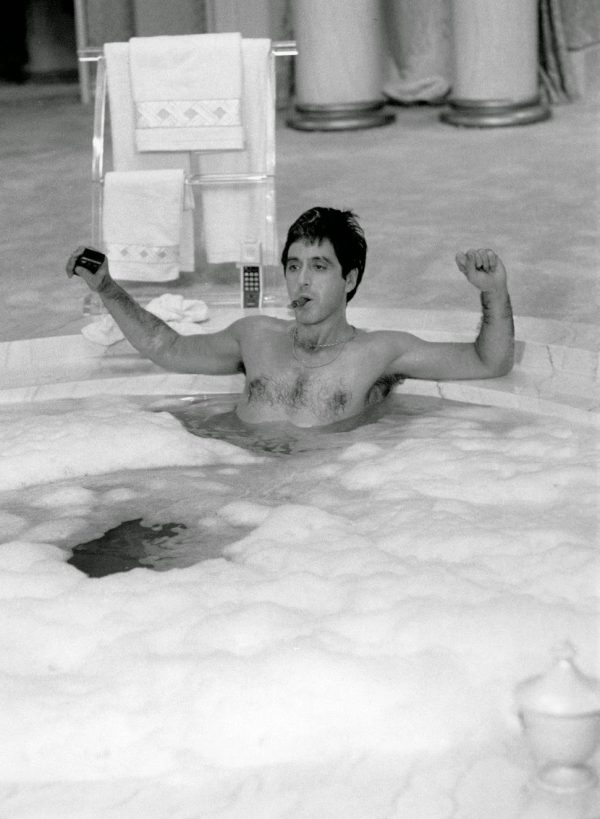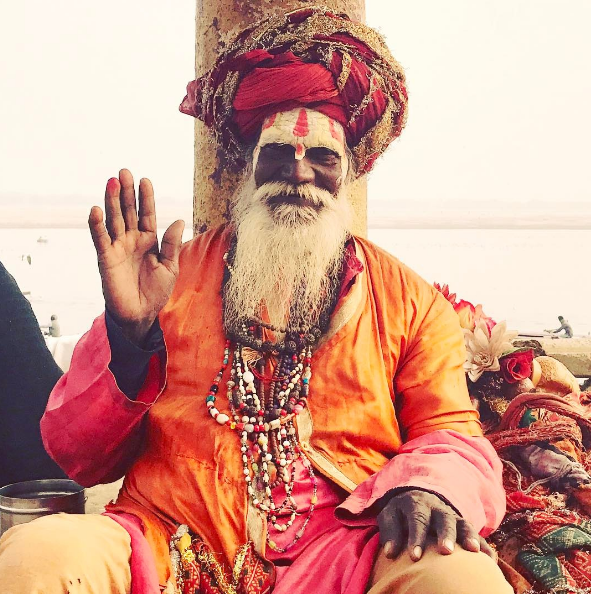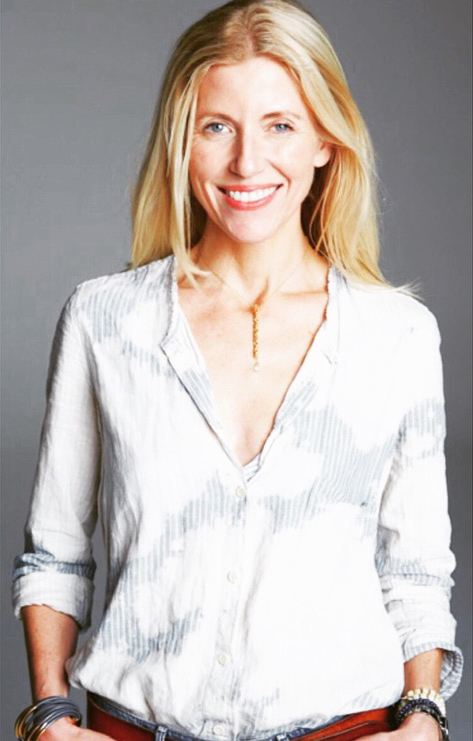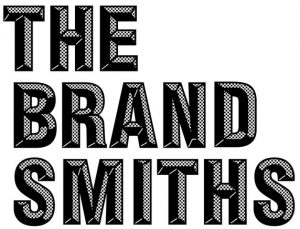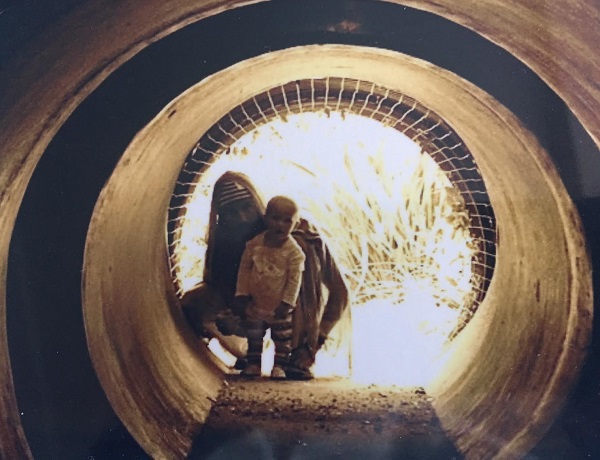
This is a story about the benefit of intentionally limiting peripheral vision — for a finite period of time.
A few years back, I was in the hospital with a contagious and (at the time) unknown condition that posed a public health issue (thanks to modern medicine, Victorian diseases are now curable.) I was quarantined in a negative pressure room with two heavy glass doors — one to the outside hospital floor, and one to my room. I half expected the nurses to wear Hasmat suits, their fitted masks always covering half of their faces. I found myself alone with my thoughts — big, scary, unthinkable thoughts. For anyone who has spent time in a hospital, you know that all you want to do is get out. Not knowing how long you have to stay is a particular kind of torture. My early days were filled with doing whatever it took to not fall apart. What’s wrong with falling apart? Nothing at all. But when you know you have to keep it together for an indefinite length of time, keeping emotional mayhem at arms length seems perfectly justifiable.
Not being able to see my little girls, my husband, my friends, and knowing that it might be a while before I could see them, was a harsh realization. Strangely, it was at this time that something unexpected and fierce kicked in, almost involuntarily. In an isolation unit, I made the choice to stay present, as acutely as possible, to my immediate surroundings, doctor visits, and the times my husband could be in the room by my side. In my mind, the future was either infinitely hopeful, or unnervingly bleak — and because I didn’t know what the future held – I had to make a conscious effort to tune out either extreme. I distinctly remember forcing myself away from the rabbit hole lurking nearby.
I’ve heard extreme athletes talk about how they manage pain and distance in this way. North Pole explorer Ben Saunders talks about only putting one foot in front of the other, in the course of a 900-mile journey, as one way to manage the journey still ahead. By blocking out their immediate future — which is just too big to endure at times — they find relief in presence.
Recognizing that sobbing and losing my mind was not going to make anything better, I began a disciplined practice of not indulging in anything outside of “here and now.” This allowed me to conserve my energy – for whatever was in store. Some people later called this brave or resilient — but I recognize it for what it is, and for me, it was survival.
I’ll bring this back to intense periods of work or life cycles — and here’s why. Sometimes, when the work / people / deadlines / expectations / inner dialogue are unusually heavy or loud, I find that these same blinders function as a curtain on what can’t be immediately solved. They pull focus — just for a period of time, especially in a crisis.
Having the ability to shut a few things down that I can’t control, to power up for what I can, has proven to be a an invaluable skill.
It’s amazing to me that unprecedented strength can be born of such fragility. And how temporary blinders can serve as safe passage to whatever is next.
I like to think of this strategy less like a dam holding back rising waters and more like a sieve narrowing the flow; Its one way to manage feelings that would otherwise cause certain collapse.


